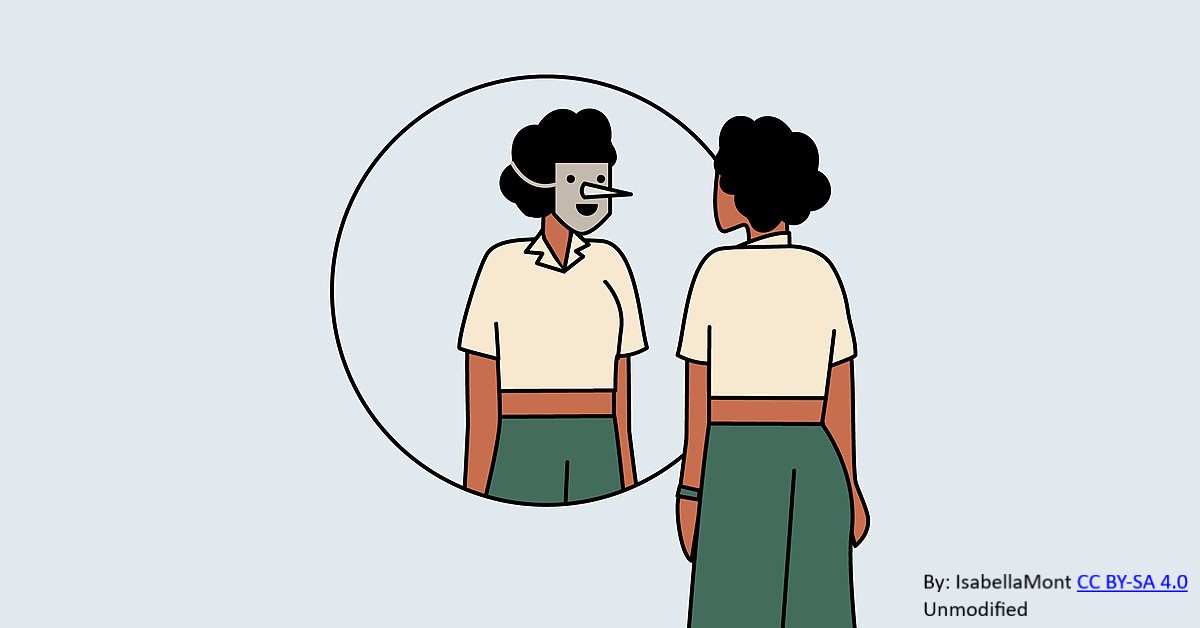By: David A. Grenardo, Professor of Law and Associate Director of the Holloran Center for Ethical Leadership in the Professions, University of St. Thomas School of Law
Ever since I attended my first Holloran Center Workshop in 2016 and read the powerful materials provided by Neil Hamilton and Jerry Organ, I always wondered how those two operated the Holloran Center. What were they doing at their own law school to implement professional identity since they were the ones giving others ideas of how to do so? What were their personalities like given their considerable influence and impact in legal education?
After joining the University of St. Thomas School of Law and the Holloran Center as its Associate Director this past fall, I can finally answer these questions and share those answers with you. The answers provide an incredible amount of knowledge and wisdom that any law school can use to implement professional identity formation for its students.
Raw Self-Reflection
Professional identity entails continuous self-reflection that allows law students to develop into the professionals they can and want to become. Neil and Jerry strongly encourage this aspect of professional identity for students, and they demonstrate it themselves.
The University of St. Thomas School of Law requires that all 1Ls take three one-credit classes, Moral Reasoning for Lawyers (MRFL), Serving Clients Well, and Business Basics. The concept of professional identity is introduced and reinforced in these courses, particularly MRFL and Serving Clients Well. When St. Thomas Law first introduced some of these ideas, they were included in one three-credit course, Foundations of Justice (Foundations). The three-credit course format was not well received by students. Jerry spearheaded efforts to improve each part of the course, which included commissioning a focus group of students who previously took Foundations to learn what the class did well and not so well. Those conversations resulted in splitting Foundations into two courses— MRFL (one credit) in the fall and Foundations of Justice (two credits) in the spring. Eventually, the two-credit Foundations of Justice course in the spring also was divided and renamed Serving Clients Well (SCW) and Business Basics (BB) to give students exposure to client-service competencies they will need to be successful in practice.
I am now part of this evolutionary process myself as we revisit the design/implementation of the BB course, which I will co-teach with Jerry. Despite being an accomplished and elite teaching professor and scholar, Jerry once again has invited students to share their concerns about the design and content of the course, which has generated some brutal honesty from the students. Jerry has taken the critique and reflected on his own execution and design of the class. We are presently redesigning the class to make it more effective and to engage students where they are.
I also have witnessed Jerry’s and Neil’s honest self-reflection in our weekly Holloran Center meetings where they admit something could have been done better or acknowledge something went well. The vulnerability and candor in which they approach their own self-reflection allow them to truly understand and see where improvements can be made and success has been achieved. This leads to my next observation – they exhibit a growth mindset.
We Will Continuously Try New Things, and When We Fail, Which is Good, We Will Make Them Better
I sometimes feel like I am in the middle of the “Meet the Robinsons” Disney movie when I am working with Neil and Jerry. In that movie, the great inventor, genius, and orphan Lewis goes into the future as a young boy and unknowingly meets his eventual family. As he attempts one of his inventions, it fails horrendously and his future family cheers and congratulates him, “You have failed! From failure we learn, from success. . . not so much.” With Neil and Jerry, there is a humble joy in them when they speak of attempts at implementing professional identity with little or no success. Each of them will say something like, “We tried, but it didn’t work the way we expected or not at all.” They make statements like these without remorse or regret; instead, they do so with humility, pride, and hope. They would probably not call their efforts failures, but instead would likely characterize their attempts as Thomas Edison did, “I have not failed. I’ve just found 10,000 ways that won’t work.”
They attempt new things knowing that they will not be perfect and actively seek out ways to improve what they have done.
The tinkering and re-jiggering of MRFL, SCW, and BB, led to the inclusion of Roadmap into SCW. Now SCW includes one-on-one coaching of students in January and February of the 1L year using the Roadmap in SCW.
Roadmap, for the uninitiated, is a book written by Neil Hamilton that guides a law student “to prepare and implement a successful plan for meaningful employment.” Neil won the prestigious E. Smythe Gambrell Professionalism Award from the ABA in 2015 based on the Roadmap and his efforts to improve professionalism in the legal profession. Neil is currently finishing up the third edition of the book to make it even more accessible and helpful to law students. The revised Roadmap will be ready for students to utilize this spring in SCW.
Over the last two decades, Jerry and Neil also have played a role in developing and implementing the classroom component associated with the law school’s distinctive Mentor Externship program in which all law students have a mentor for each of their three years in law school. A law student can change mentors during that time, but each law student is guaranteed a mentor throughout every year of law school. This program has also evolved and changed over time to better meet the needs of our students. Presently, in the second year and third year, there is a classroom component with students earning one pass/fail credit in each year. The classroom component involves both small group conversations and also one-on-one coaching with each student three times over the course of the academic year. The Mentor Externship program includes a good deal of professional identity formation, such as self-reflections by the students based on the work they do and their experiences in the program. In addition, each student must develop a networking plan designed to support the individual student’s professional development as reflected in the student’s work with Roadmap.
Neil, through trial and error, even added coaches to his Professional Responsibility course. Now, his class not only teaches the basics of what law students need to understand and apply the rules of professional conduct, but it also explores aspects of professional identity formation as students learn from local practitioners.
Whatever Neil and Jerry do (or try to do), their focus is always on the students—learning about where the students are and searching for the most effective ways to help each student grow. Their thoughtful and creative approach entails a constant loop that involves trying something, seeking feedback, reflecting, improving the exercise, lesson, or class, and then repeating those steps.
Whole-Building Approach
Neil and Jerry have been working for several years towards a whole-building approach to professional identity. They preach it to other law schools, and they are living it out themselves. They have been working diligently to create a “one file” system that allows many departments of the law school to add feedback and notes on each student. The Roadmap coaches from SCW, Mentor Externship professors, the Office of Career & Professional Development (CPD), and Lawyering Skills (aka legal research and writing at some law schools) professors would each add their notes, thoughts, and work relating to professional identity formation into a file for each student so that when faculty or staff meet with students they could see the evolution of the student’s professional identity and the student’s professional development plans over the course of law school.
In particular, Jerry and Neil worked with our law library and IT experts to create a “one file” system that is scheduled to begin operation next semester, starting with the Roadmap and the Roadmap coach observations that will go into that file for each student. Jerry and Neil believe that we will be able to train the 2L and 3L Mentor Externship faculty on how to use the “one file” system by contributing their observations on professional identity formation learning outcomes into an efficient form for gathering insights after each of the six one-on-one meetings that occur throughout the 2L and 3L years. Additionally, notes from the one-on-one meetings with CPD staff will also be added to each student’s file. Neil and Jerry also plan on providing our required curriculum colleagues with some positive and reinforcing language on professional identity to cross-sell the value of these professional identity formation efforts to the students.
Planting Seeds
Jerry and Neil are always anticipating the needs of law students and law schools in the future. They look ahead to try to bridge the gap between what will be needed and what is currently offered. The Holloran Center’s next step will be hosting a symposium/workshop in the spring of 2023 in conjunction with casebook publishers focused on 1L and Professional Responsibility casebook authors (and possibly law professor adopters of those casebooks). It will be the first time the Holloran Center intentionally seeks out casebook authors and 1L/Professional Responsibility professors to convene in a single setting where they can learn, share, and generate ways to help law students develop their own professional identities within these required courses.
Neil and Jerry have done so much amazing work in the legal academy and professional identity formation in particular. I continue to learn from their fearlessness, humility, optimism, and apparent clairvoyance. Even though I was their twentieth choice to serve as Associate Director—I was actually their tenth—I feel honored and humbled to serve alongside them as they continue their phenomenal work.
Please email me at gren2380@stthomas.edu if you have any questions or comments about this post.



